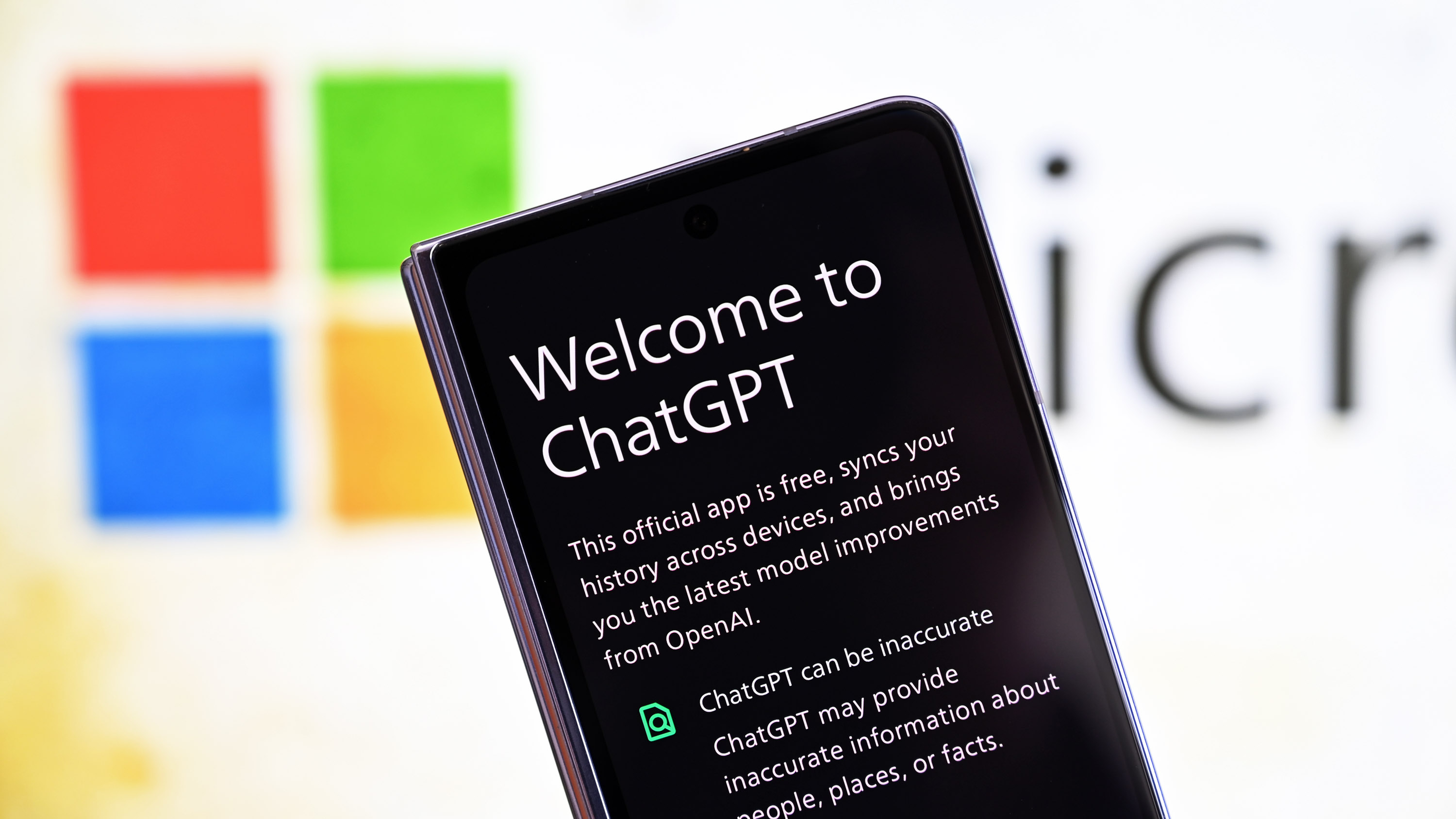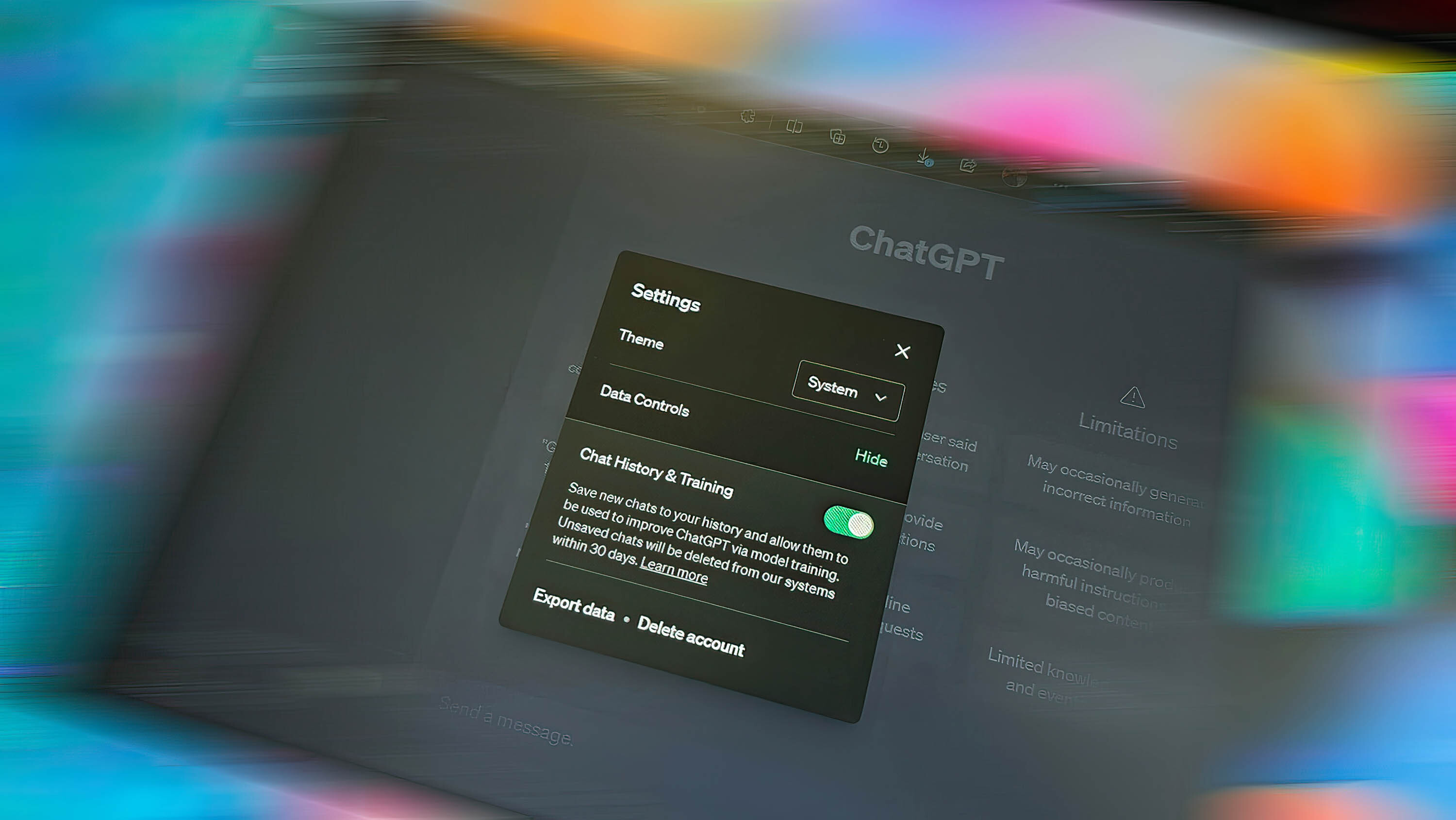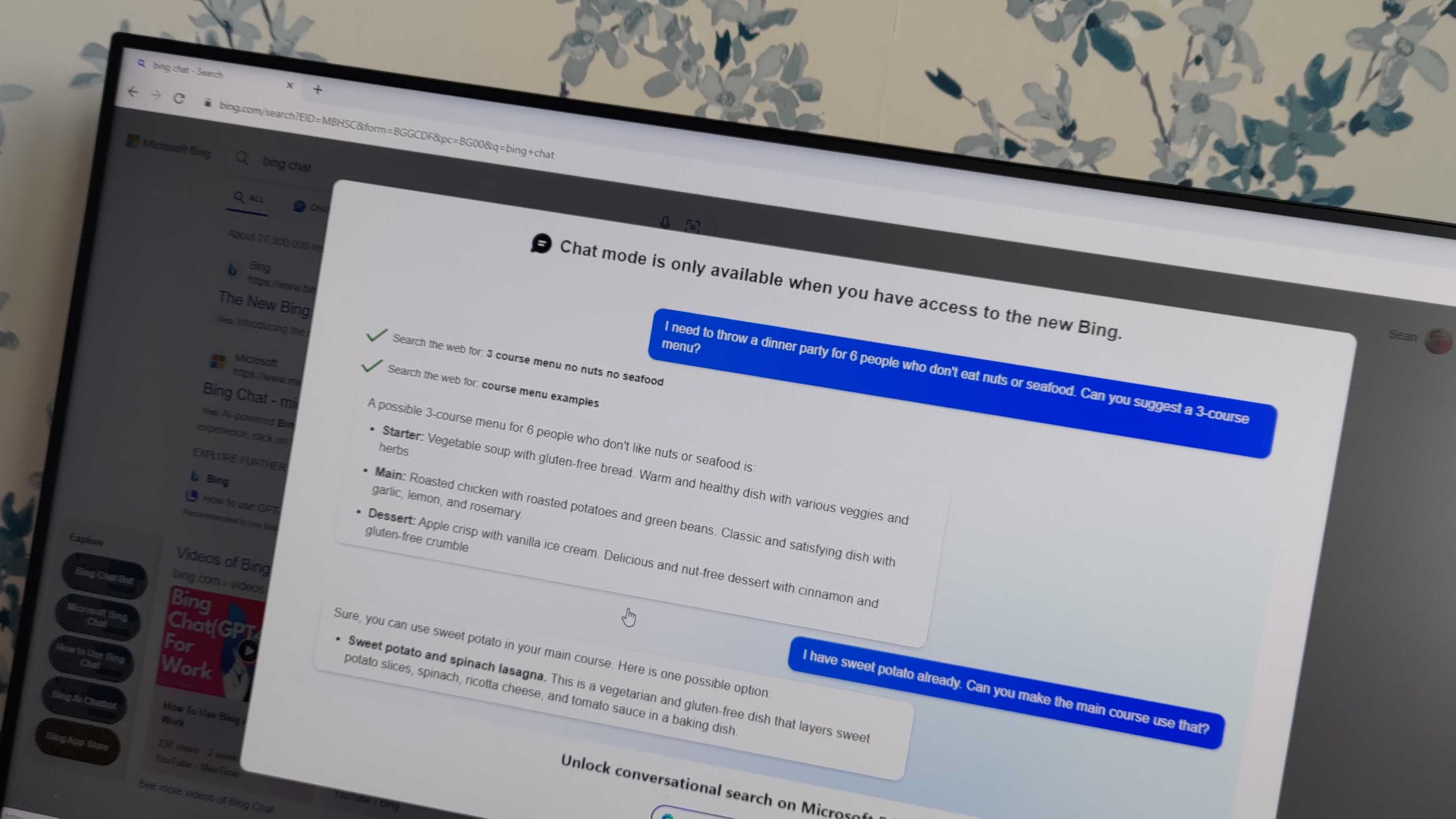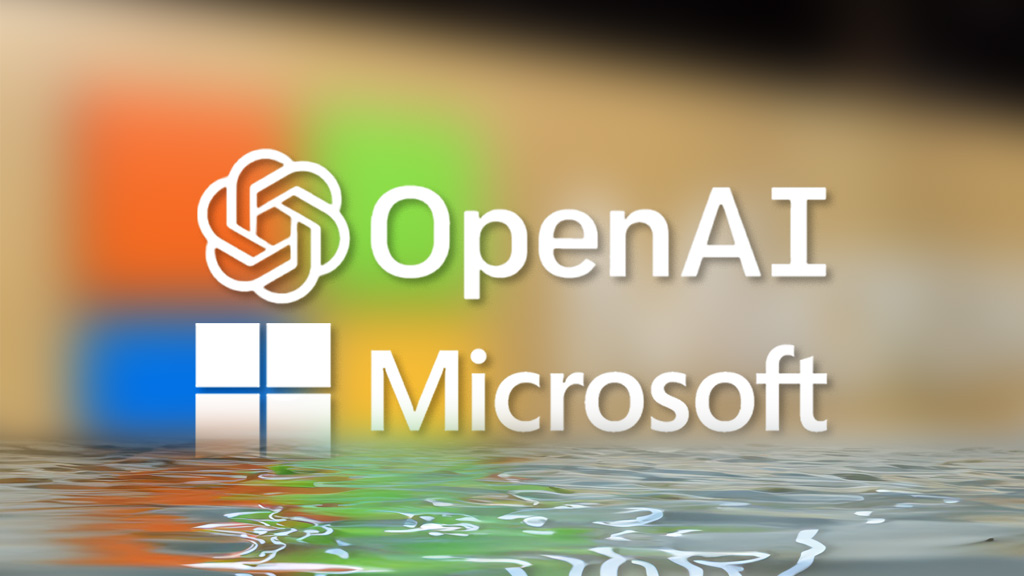
What you need to know
- Jimmy Wales, Wikipedia's founder, recently highlighted his concerns regarding OpenAI's AI-powered tool, especially its accuracy.
- The founder explained that using the tool to generate text on the platform was a mess as it did a terrible job since it got most of the details wrong and even provided inaccurate information.
- Wales hasn't entirely ruled out the possibility of leveraging AI capabilities in Wikipedia.
- He highlighted the need for an AI-powered tool that can be used to identify inaccuracies in articles.
The integration of generative AI is at an all-time high across various organizations like Microsoft, especially after making a multi-billion dollar investment in the technology, which extended its partnership with OpenAI.
Consequently, this has led to the emergence of AI-powered chatbots like OpenAI's ChatGPT and Microsoft's Copilot. These language models can generate text and images based on prompts, solve complex mathematical problems, and more. Some users have even pushed the envelope further by attempting to run an entire company that can develop software in under 7 minutes using ChatGPT.
While there's no disputing that AI has achieved incredible feats across multiple fields in the past few years, it also comes with its fair share of setbacks. Wikipedia's founder, Jimmy Wales, recently echoed the same sentiments while speaking to Euro News.
ChatGPT might be on a downward spiral

Wales described the process of leveraging OpenAI's AI-powered chatbot, ChatGPT, to write articles on Wikipedia as a mess, citing that the tool is terrible and doesn't get the job done. He added that the tool misses out on fine details when writing articles and sometimes gets things wrong, reminiscent of Microsoft Copilot's launch when several users lodge complaints, citing instances of the chatbot hallucinating or outright giving wrong responses.
Wales' concerns about the chatbot's accuracy aren't new or unique. In July, a study by researchers revealed and demonstrated that ChatGPT was getting dumber amid claims that OpenAI was on the verge of bankruptcy.
This might explain the increasing number of complaints about AI-generated articles with inaccurate information that come off as relatively insensitive. The most recent one was an AI-generated poll featured in Microsoft Start (MSN) alongside a story by The Guardian highlighting the unfortunate passing of a young woman, which asked readers to vote on how the woman died. Other instances include an AI-generated article published by Microsoft recommending Ottawa Food Bank as a top tourist attraction in Canada. Not forgetting the AI-generated article republished via MSN that went viral in September for blatantly calling a deceased 42-year-old former NBA player 'useless.'
The idea of Wikipedia leveraging AI capabilities isn't entirely off the table


• Xbox Game Pass and gift cards
• Unbeatable Xbox bundles
• Xbox SSDs and expansion cards
• Best Xbox controller deals
• 700hrs in this game is 3¢ an hour
• Refurb Surface Pro 9 is just $639
• Microsoft Audio Dock is 80% off
• Pick ROG Ally over the Switch
• LG OLED TVs from $550
• The cheapest Xbox exp card
• Amazing keyboard for $28
While Wikipedia's founder has outlined his reservations about the technology, this doesn't mean the possibility of AI being used to improve the services offered on the platform isn't in the foreseeable future.
Wales categorically indicated that it would be pretty helpful if an AI-powered tool would be made available to help identify mistakes in Wikipedia articles by referencing them to the original sources. He added that this would significantly help trim down inaccuracies in the articles, further adding that he was willing to partner with an open-source, freely usable AI company to align with the platform's principles.
Most businesses, not just charities like us, would say you have to be really, really careful if you're going to put at the heart of your business a technology that's controlled by someone else because if they go in a different direction, your whole business may be at risk.
Jimmy Wales, Wikipedia Founder
Wales indicates if Wikipedia picks up on AI, the top priority will be to ensure that the content featured in the online encyclopedia is accurate and refers back to the original source. There's been a long-standing battle ever since the emergence of AI and its stealing using content from websites without giving credit.
Superintelligence might be on the horizon for OpenAI

Wales predicted it would take up to 50 years to achieve superhuman AI elsewhere. Strangely enough, amidst the OpenAI fiasco witnessed last week following Sam Altman's firing, the company could potentially be on the verge of a breakthrough that shows a positive trajectory toward superintelligence despite being in the early stages.
Do you think ChatGPT's hype has died down because of its inaccuracy and the general degradation of the service? Share your thoughts with us in the comments.







